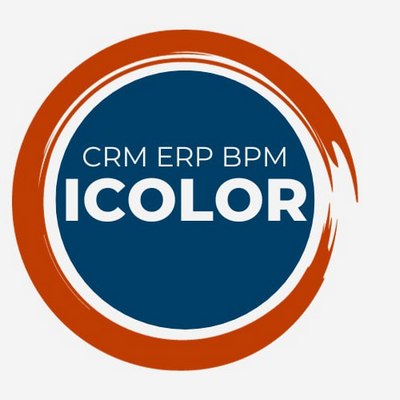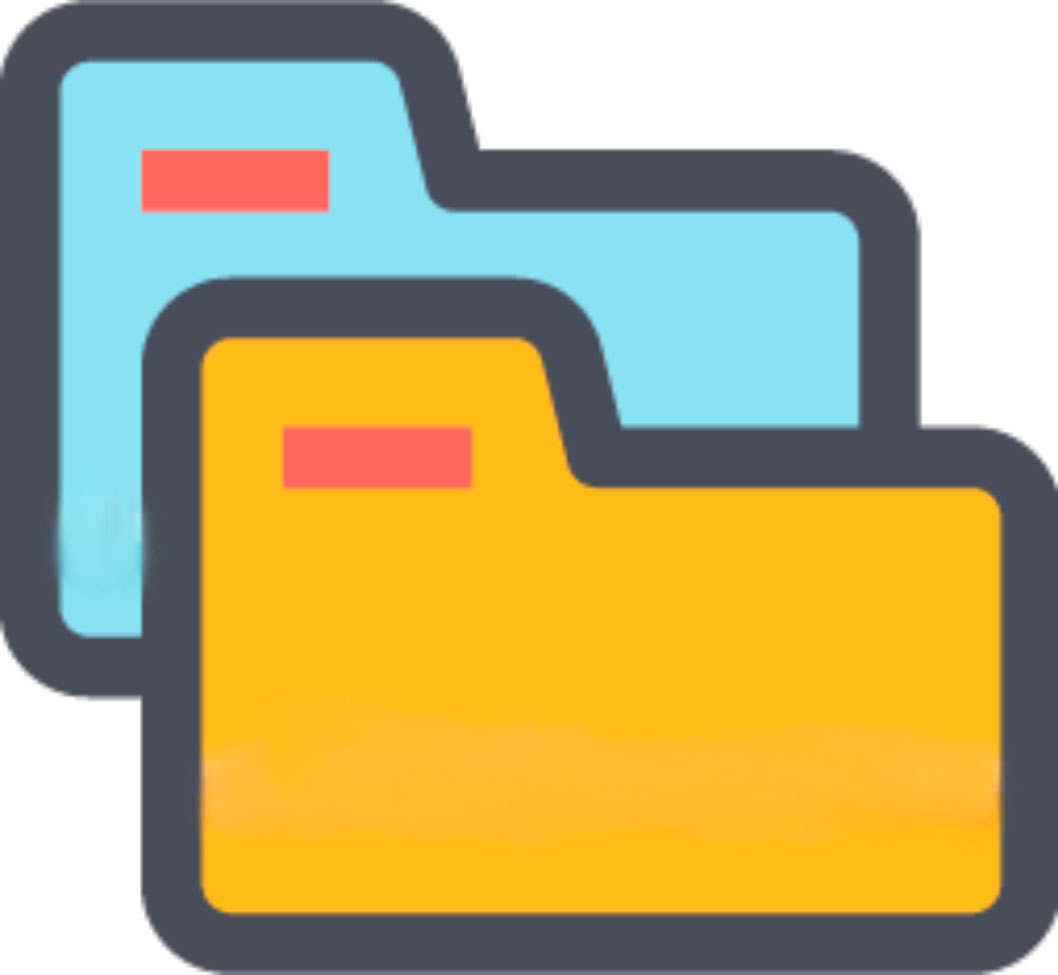Programs for logistics and delivery services
Logistics and delivery services rely heavily on software programs to manage their operations effectively and efficiently. These programs can help with tasks such as route planning, tracking shipments, managing inventory, and optimizing supply chain management.
There are various software solutions available in the market, ranging from simple apps for small businesses to complex enterprise-level systems for large corporations.
By implementing these software programs, logistics and delivery companies can streamline their processes, reduce costs, and provide better customer service. These programs also allow companies to adapt to changing market conditions and stay competitive in a rapidly evolving industry.
Here is an expanded list of the capabilities of logistics and delivery software programs:
- Route Planning: One of the primary functions of logistics software is to optimize delivery routes, taking into account factors such as traffic, delivery windows, and vehicle capacity.
- Shipment Tracking: Logistics software can provide real-time tracking of shipments, allowing customers and staff to monitor the progress of deliveries and receive updates on any delays or issues.
- Inventory Management: Many logistics software programs include features for managing inventory levels, monitoring stock levels, and tracking items as they move through the supply chain.
- Supply Chain Optimization: Logistics software can help streamline the entire supply chain, from sourcing raw materials to delivering finished products, by optimizing processes and reducing waste.
- Warehouse Management: Warehouse management features allow logistics companies to manage inventory levels, track shipments, and manage staff and equipment within the warehouse environment.
- Carrier Selection: Logistics software can help select the most efficient and cost-effective carriers for each shipment, based on factors such as transit time, cost, and carrier availability.
- Freight Billing: Many logistics software programs include features for automatically calculating and generating invoices based on shipment details and customer contracts.
- Customer Service: Logistics software can provide customer service features such as automated email and SMS notifications, automated order confirmation, and delivery updates.
- Data Analysis and Reporting: Logistics software can generate reports and analytics on key performance indicators (KPIs), such as delivery times, shipment volumes, and inventory levels, allowing companies to monitor performance and make data-driven decisions.
- Compliance and Security: Many logistics software programs include features to help ensure compliance with regulations and standards, such as customs requirements or hazardous material regulations. They may also include security features to protect against theft, fraud, or other threats.
In summary, logistics and delivery software programs offer a wide range of capabilities, from route planning and shipment tracking to inventory management and supply chain optimization. They can also help with warehouse management, carrier selection, freight billing, customer service, data analysis, and compliance and security. By implementing these software solutions, logistics and delivery companies can improve efficiency, reduce costs, and provide better customer service, ultimately staying competitive in a rapidly evolving industry.
Pricing Programs for Programs for logistics and delivery services #
Solutions "Programs for logistics and delivery services" #
Discussions Programs for Programs for logistics and delivery services #
Ask questions, discuss any question or idea about" Programs for Programs for logistics and delivery services" our forum
Features Programs for Programs for logistics and delivery services #
Integrators Programs for Programs for logistics and delivery services #
This is a list of our partners who have experience or industry solutions in the area "Programs for Programs for logistics and delivery services". They can build a custom CRM or ERP system for you on the OneBox platform.


































